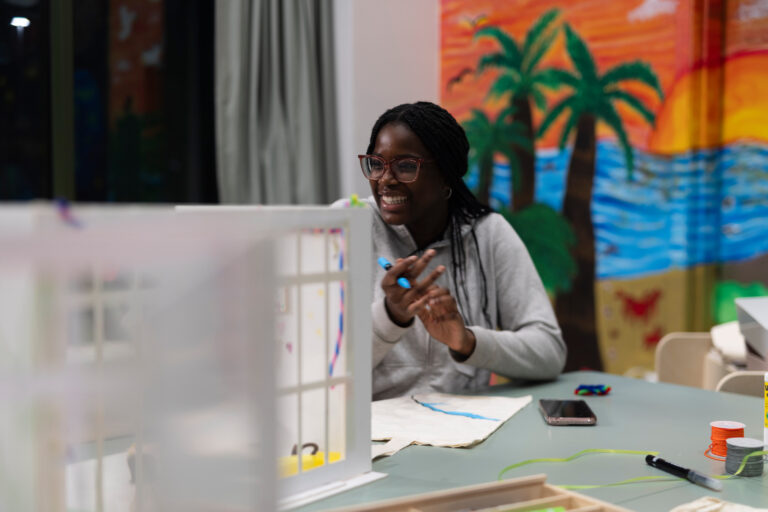Kalender / Alla regioner
5 mars
Inspirationsevent: Motverka våld i nära relationer
Kalender / Alla regioner
10 mars
Så gör du en ESF+ ansökan
Visa alla nyheter

